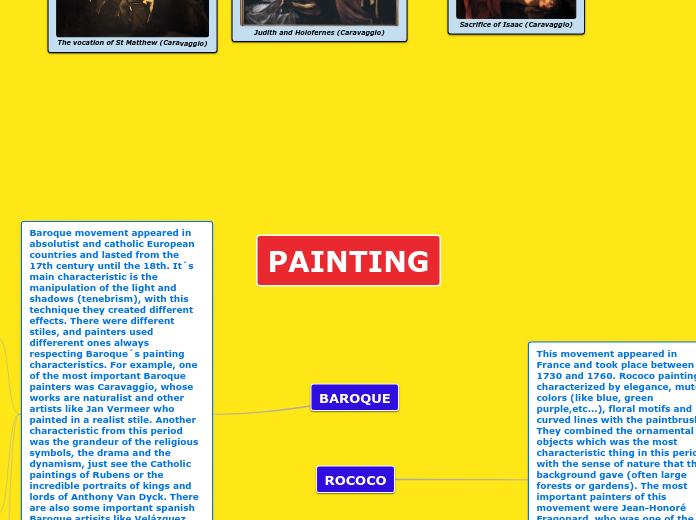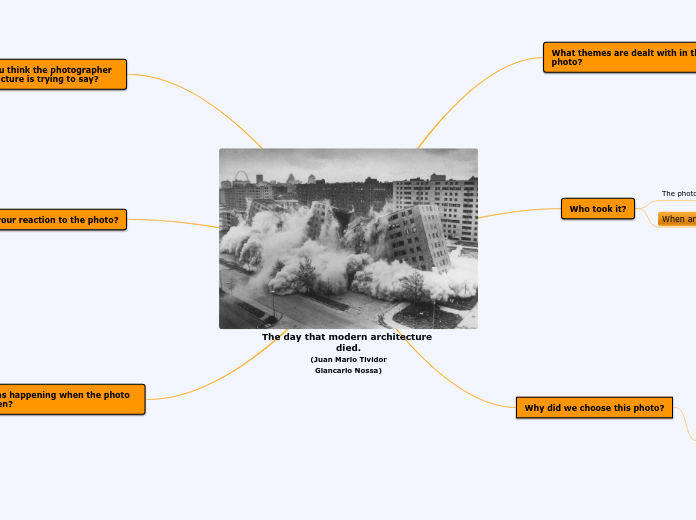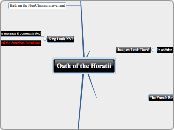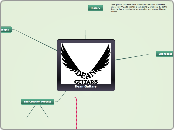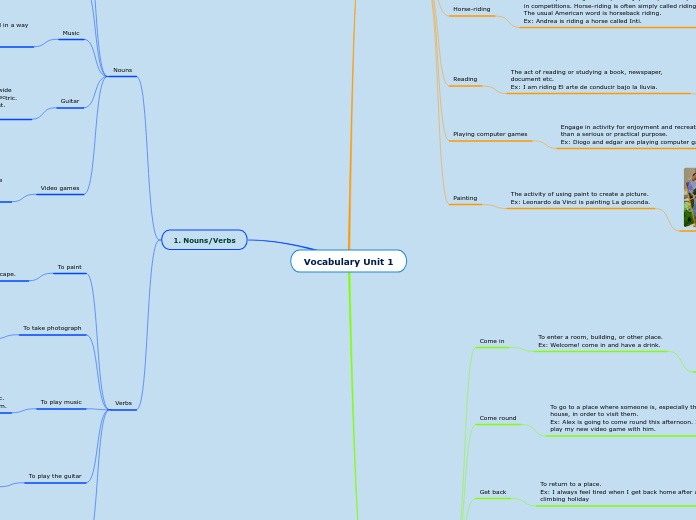by AntonioAntón_G . 6 years ago
1173
BAROQUE, ROCOCO AND NEOCLASICIST PAINTING
In the development of European art, several distinct movements emerged, each characterized by unique styles and themes. Baroque art, which includes dramatic works like Caravaggio's "
